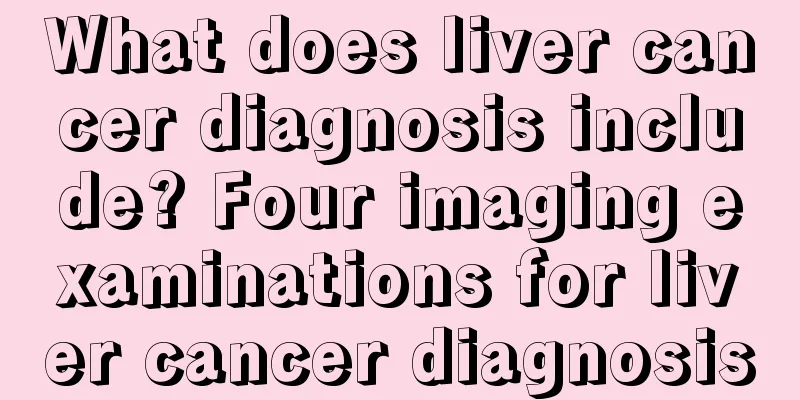What causes esophageal stenosis after esophageal cancer surgery?

|
The causes of esophageal stenosis after esophageal cancer surgery are mainly related to postoperative scar formation, intraoperative manipulation, postoperative infection or radiotherapy. Abnormal scar hyperplasia during surgical wound healing is the main mechanism of esophageal stenosis. As for genetic factors, although genetics has a certain influence on the occurrence of esophageal cancer itself, its relationship with postoperative stenosis is weak. Environmental factors such as spicy and irritating foods in the postoperative diet may aggravate local mucosal inflammation, affect healing and cause excessive proliferation of scar tissue. Among physiological factors, poor local blood circulation and insufficient mucosal regeneration during the patient's postoperative recovery process may cause stenosis. If the intraoperative suturing technique is improper or a large range of tissue damage is caused during the operation, it may induce postoperative scar widening. In addition, esophageal cancer patients may receive adjuvant radiotherapy after surgery, which can damage local tissues and lead to fibrosis, which is another common cause. Postoperative local infection such as anastomotic inflammation, if not properly controlled, can also cause severe scar reaction and aggravate stenosis. In order to reduce the risk of esophageal stenosis after esophageal cancer surgery, patients need to pay attention to postoperative management. After surgery, the diet should be kept soft and light, and spicy, acidic and overheated food stimulation should be avoided. At the same time, regular follow-up visits are recommended to monitor the healing of the anastomosis through endoscopic examinations. If early signs of stenosis appear, endoscopic esophageal dilation can be performed in time for intervention. Patients undergoing radiotherapy should pay attention to local care and use anti-fibrotic drugs under the doctor's advice when necessary. Patients with a high risk of postoperative infection should use antibiotics in advance and pay attention to local anti-inflammatory care to reduce the chance of scar formation caused by inflammation. If obvious dysphagia or food regurgitation occurs after surgery, you should seek medical attention immediately for further examination and treatment to avoid worsening the condition and affecting recovery. The risk of postoperative esophageal stenosis can be effectively reduced through regular follow-up, standardized treatment and scientific care. |
<<: What are the painkillers for nasopharyngeal carcinoma
>>: Will a 23-year-old who smokes for 6 years get lung cancer?
Recommend
What are the dietary precautions after treatment of nasopharyngeal carcinoma
What are the dietary precautions after nasopharyn...
What are the benefits of soaking your feet in vinegar?
Soaking your feet in vinegar can achieve very goo...
The first treatment for nasopharyngeal angiofibroma is
The preferred treatment for nasopharyngeal angiof...
Does breast cancer chemotherapy require hospitalization?
Does breast cancer chemotherapy require hospitali...
The main ingredients of dishwashing liquid
In life, many people choose to use detergent when...
How long does it take for wrist ligament injury to heal
Many dancers will do stretching exercises for abo...
Is it better to wear dentures or braces?
Dentures and braces are both common methods of de...
Is breast cancer surgery painful?
Breast cancer surgery is generally not painful. B...
What are the functions of RNA
RNA is relatively unfamiliar to many people. It i...
What causes lung cancer? Beware of these high-risk factors for lung cancer
The high incidence of lung cancer can be attribut...
What food is effective for blood deficiency, kidney deficiency and hair loss?
In daily life, hair loss is very common for peopl...
What diseases can ovarian tumors cause
People are very afraid when talking about ovarian...
What is the difference between physical therapy and massage
As people's living standards improve, they be...
What are the symptoms of esophageal cancer
In recent years, esophageal cancer has become one...
What juice detoxifies and removes acne
Acne on the face is quite common in life, mainly ...









